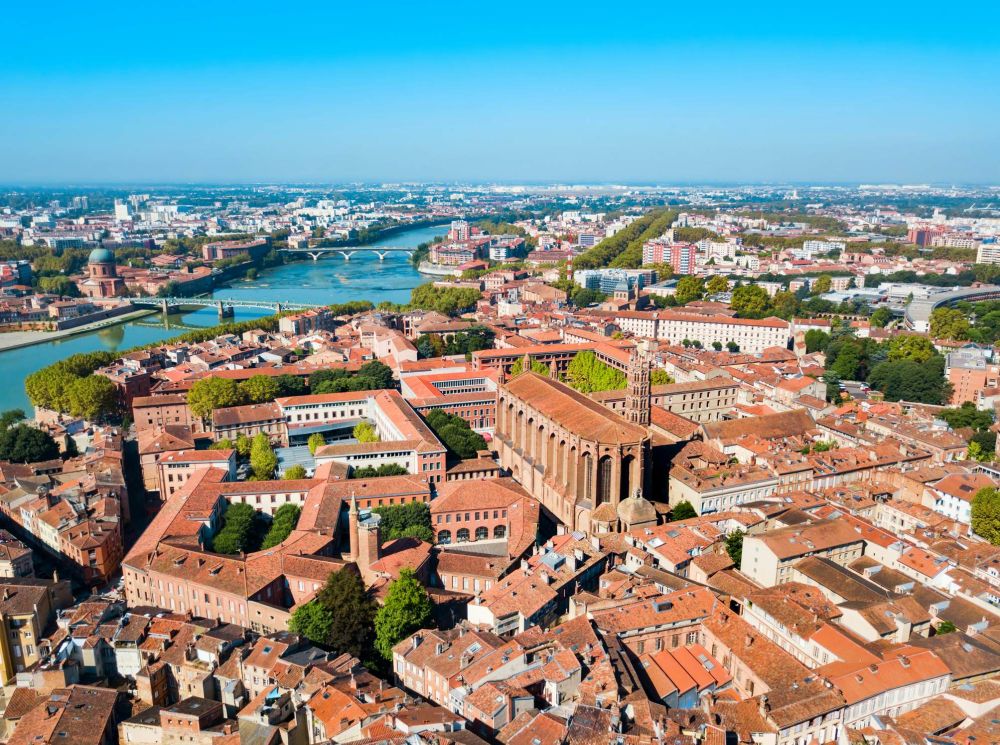

Toulouse, known as "La Ville Rose" (The Pink City) due to the terracotta bricks used in many of its buildings, has a rich history that has contributed significantly to its status as a tourist destination. The city’s roots go back to the Roman period, but it wasn't until the Middle Ages that Toulouse began to flourish as a center of commerce and culture, drawing visitors and traders from far and wide.
During the medieval era, Toulouse became an important stop for pilgrims on their way to Santiago de Compostela, Spain. This brought a steady stream of visitors through the city, offering them a chance to marvel at the Basilica of Saint-Sernin, one of the largest Romanesque churches in Europe, which became a key drawcard for early tourism and religious interest.
The Renaissance was a period of economic prosperity and an artistic boom for Toulouse, with wealthy patrons commissioning grand structures and artworks. The construction of the Renaissance mansions, known as "hôtels particuliers" added a new layer of architectural splendor to the city. The Hôtel d'Assézat, for example, continues to attract tourists with its ornate façade and imposing presence, indicative of Toulouse's past affluence.
With the advent of industrialization, Toulouse experienced significant growth. This era laid the groundwork for modern tourism, with improved transportation links making the city more accessible to visitors. It wasn't until the 20th century, however, that Toulouse truly began to come into its own as a popular tourist destination, thanks in part to the rise of the aerospace industry, which added a contemporary attraction to the city's historical charm.
Today, Toulouse is a thriving hub for tourists seeking a blend of history, technology, and gastronomy. The city's reputation as a center for aeronautics and space exploration, with sites like the Cité de l'Espace (City of Space), draws an international crowd interested in science and innovation. Additionally, Toulouse’s vibrant cultural scene, seasonal festivals, and distinctive southern French cuisine continue to attract a wide range of visitors.
Recently, there has been a shift towards sustainable tourism in Toulouse, with an emphasis on preserving its cultural heritage and promoting green transport options. The city encourages exploring by foot, bicycle, or using public transport, aligning with global trends that prioritize sustainability and responsible travel.
Toulouse's rich blend of historical significance and modern appeal, along with its colorful streetscapes and the warmth of its residents, ensures that its tourism legacy will continue to flourish for years to come. As travelers become more attentive to authentic experiences, Toulouse's ability to offer a true taste of the Occitan culture gives it a unique advantage in the world of tourism.